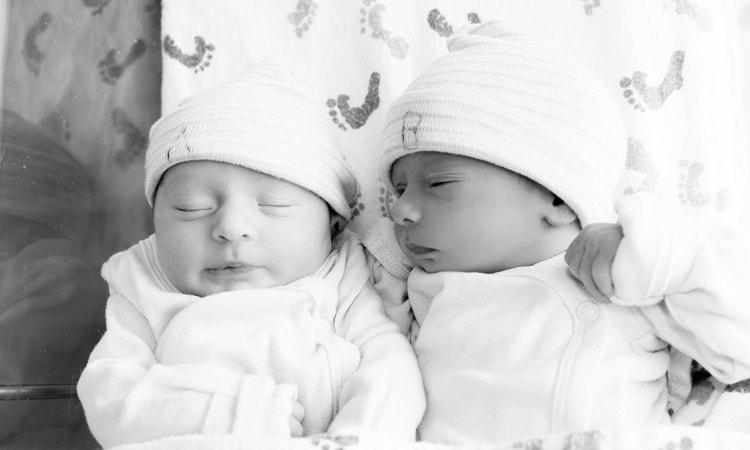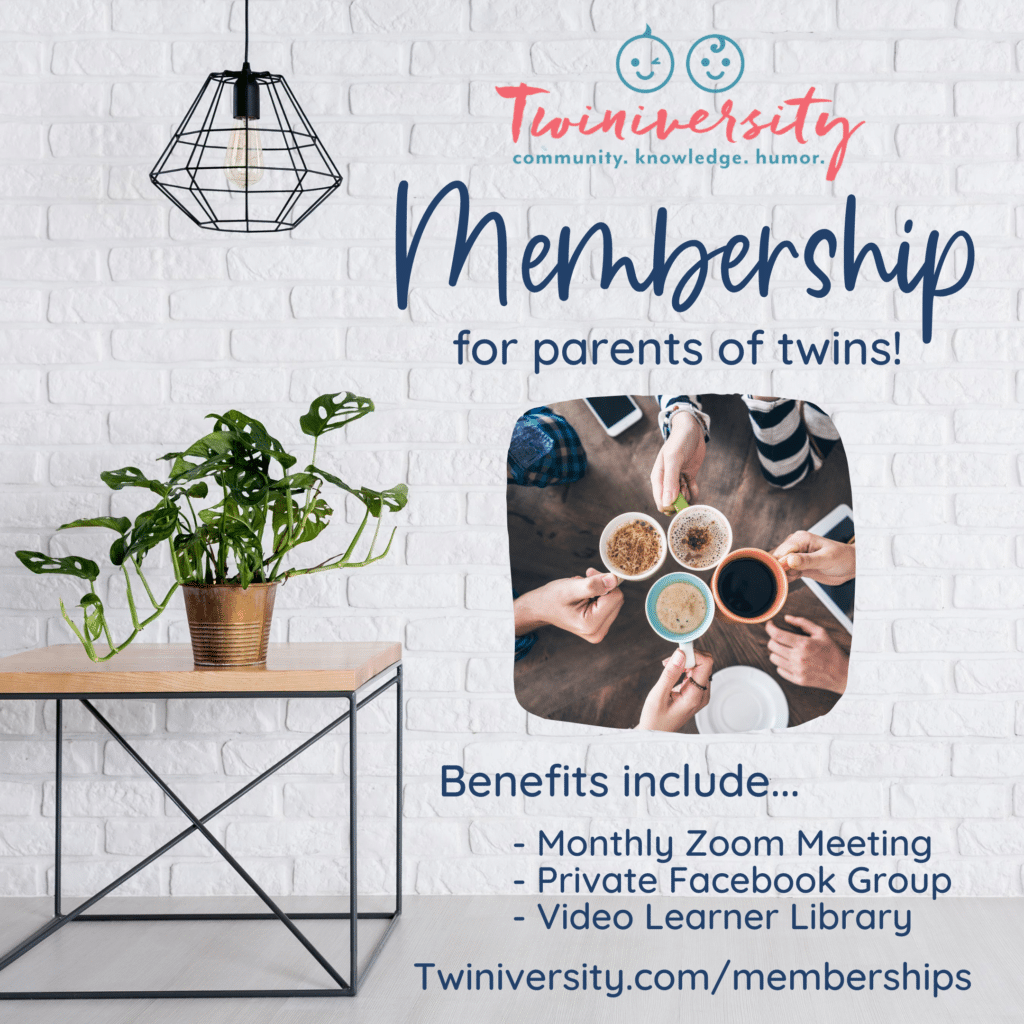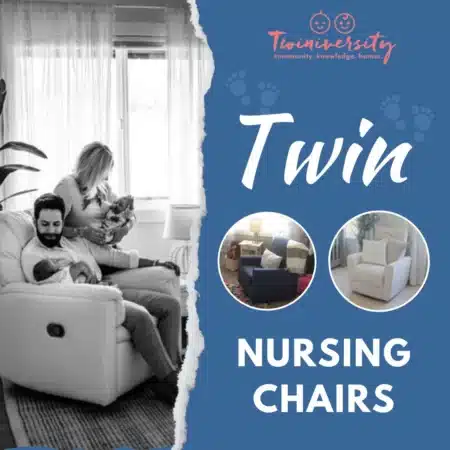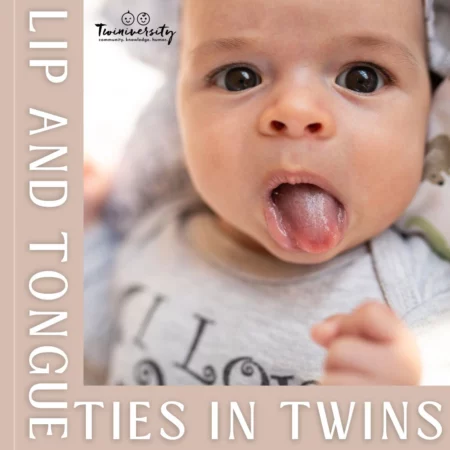Last updated on March 31st, 2024 at 03:08 pm
What is birth trauma and what can you do to heal from it? See what one licensed therapist says about the importance of dealing with birth trauma.
One of the great unknowns in human life is, “How will birth play out?” Regardless of the best-devised plans, our babies and our bodies can surprise us. Birth trauma can present in a multitude of ways: physical harm to the baby, physical harm to the mother, emotional or psychological trauma to the mother, father, or other witnesses and caregivers.
The birth of your first child being smooth and uneventful does not guarantee that future births will be uncomplicated. The same is true for complicated first pregnancies and deliveries. Just because the first birth is traumatic, does not mean that future children will follow that pattern. Your medical professionals can guide you through what to expect. In the end, no one can really control how it plays out. They can only adapt and support you through it.
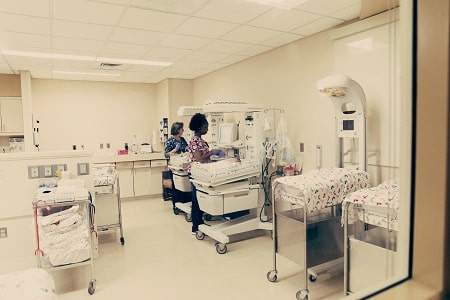
How Do You Know if Someone Is Experiencing Birth Trauma?
Birth trauma is more common than one might imagine. There are resources for parents who experience a traumatic birth, but every person processes trauma differently. What one person deems as traumatic, does not mean other people would interpret it the same way.
For some women, having an emergency c-section would constitute birth trauma. For others, it is not. Birth trauma for some women is needing assistance like forceps to get the baby out during vaginal birth. For others, it is not. For some women, premature labor resulting in a long-term NICU stay, or even more unimaginable scenarios like fetal death, would constitute birth trauma.
Most people associate trauma with a “bad result.” However, mothers and fathers around the world have birth trauma even while caring for living children. Many people try to reassure the moms and dads carrying the invisible scars of birth trauma. They say “…but look how it all turned out! You have a healthy child, you should be grateful.”
I once attended a seminar given by Amy Florian, an expert in grief, and her statement, “Never let anyone should on you…” has always remained in my mind. Yes, I should feel gratitude…but I don’t! Does that mean something is inherently wrong with ME?
I discussed birth trauma with Trauma Specialist, Rebecca Huls, MSc, Licensed Professional Counselor, and EMDR Certified Therapist. Rebecca is a fellow twin mom managing her own busy household while she juggles a professionally rewarding career. She spends her days “…sitting in and relishing in the human process of fumbling through and being curious about ourselves.” Clients seek guidance from Rebecca for any number of reasons including life transitions, mood disorders, and trauma. For the purposes of this article, we discussed trauma at length and how it may easily appear during birth.

What Is Trauma?
Ashley: What is the definition of “trauma?”
Rebecca: “A body’s reaction in the present to something that has occurred in the past. The occurrence could be a singular event or a series of events.”
Ashley: Are there different types of trauma?
Rebecca: “We have identified and refer to trauma in two ways: ‘Big T’ trauma and ‘Little T’ trauma.”
Ashley: Tell me more about what that means? Can you provide examples?
Rebecca: “Big T” trauma is a clearly defined moment that would be widely accepted as an overtly traumatic event. “Big T” events such as a car accident, the death of a loved one, a physical assault, witnessing an accidental death, etc. would be moments that most people would define as traumatic without much thought.
Rebecca: “Little T” trauma is less widely acknowledged and is not as easily recognizable because it is not one singular defining moment. It is a series of events, experiences, or happenings that over time, culminating in trauma.
Ashley: What type of trauma would birth trauma be categorized as?
Rebecca: “Birth trauma may be categorized as “Big T” trauma or “Little T” trauma.”

How Can I Get Help for Birth Trauma?
Ashley: What treatment have you found effective for processing and overcoming traumatic events?
Rebecca: “Counseling is an effective strategy for processing trauma associated with birth trauma. It provides individuals and couples ‘space’ to explore their emotions, feelings, reactions, and behaviors. Acknowledging and validating their trauma makes it less intimidating, awkward, and taboo. Many times, people coping with birth trauma do not necessarily need advice, they just need someone to ‘hold space’ for them and acknowledge that what they are experiencing is real.”
Ashley: How do you find or select a therapist or counselor?
Rebecca: “As one evaluates a therapy partner or counselor to work through the invisible scars of birth trauma, it should be like finding a co-explorer. The counselor or therapist should ask meaningful questions, giving one the compass to explore. They should provide the infrastructure to learn independently. Therapists and counselors are not there to give answers or to ‘fix’ anything. I recommend doing individual and couples therapy. What ‘Partner A’ experiences as trauma, may not be the same for ‘Partner B.’ It is important to work through trauma first as an individual and then together with a partner to discuss what both are overcoming.”
Need some twin parent friends? Get the support you need with a Twiniversity Membership. Benefits include a monthly twin parent club meeting on Zoom, access to a private Facebook group just for twin parents, and a video library of twin parenting lessons. Visit Twiniversity.com/membership to join today!
Ashley: Do you find that people bond over similar traumatic events?
Rebecca: “We know that connecting with others who have similar experiences can be a healthy option. Finding a support group online or in-person group therapy could be a positive influence and safe space to share your story. Be aware that doing group therapy or participating in online groups can cause triggers. This may lead to negative feelings if other people try to ‘one up’ each other’s trauma. Trauma is trauma. Personal feelings are valid, and other people cannot negate an individual’s experiences no matter what their experience was.”
Understanding the Feelings of Trauma
Ashley: Are there some commonalities you find universal to trauma?
Rebecca: “Trauma generally encompasses one of three things: safety, empowerment/control, or connection. With birth trauma, it is seemingly related to ‘empowerment/control’ because of the lack of control we have over the birth scenario we experience. The lack of control can create an environment ripe for trauma, guilt, grief, anxiety, depression, and more.”
Ashley: According to a 2017 health study by, “The National Institutes of Health” birth is traumatic for 1 in 3 women. The most common reasons tied to birth trauma being: lack or loss of control, fear for their baby’s life or health, severe physical pain, and lack of communication from their health provider. No two stories will ever unfold the same. No two people process trauma in the same way. Don’t let anyone should on you. Don’t let anyone make you feel that you should be “over it by now,” or you should be “thankful for your healthy child,” or you should have “known the risks, to begin with.”

Trauma and grief go hand in hand, and it is a process to work through the denial, anger, bargaining, depression, and ultimately acceptance of the traumatic birth you experienced or witnessed. If left untreated, the birth trauma can manifest in many unhealthy symptoms. In fact, many women experience Post Traumatic Stress Disorder (PTSD) from birth trauma. Finding outlets to cope with PTSD and a support system that can step in when needed is of the utmost importance. PTSD and postpartum depression are serious illnesses that should be treated with care. There is nothing wrong with seeking treatment, finding support, and being willing to ask for help.
Support Is Key
Having at least one back-up caregiver in the event that you don’t feel well enough to care for your child is imperative. Many of the routine pediatric appointments you’ll encounter in your child’s first year of life not only have health questionnaires and milestone checkpoints for their development but also inquire about the caregiver’s (your) mental, physical and emotional status as well. Birth trauma and grief come in waves – some days those waves barely reach the shore, and other days the waves pull you out with the tide, swirl you underwater, and leave you gasping for a lifeline.
Speaking from personal experience, Twiniversity has been a lifeline for me – a community to belong to. A judgment-free space filled with encouragement, education, and empowerment. We are stronger when united and our shared experiences allow us to be the best version of ourselves, allowing us to grow into the best parents we can be.
About Rebecca Huls, MS, LPC

Rebecca is a Licensed Professional Counselor in the State of Georgia (LPC #009825) and EMDR Certified Therapist with EMDRIA with a passion for helping others find their freedom. Freedom from trauma, freedom from being overwhelmed, freedom from destructive behaviors, and freedom from the cycle of avoidance and pain. Rebecca has a Bachelors Degree in Psychology and a Masters of Science in Mental Health and Psychological Therapies. She has an eclectic background in both Public and Private Mental Health Services in the USA and UK. She has held positions as an Assistant Psychologist, Needs Assessment Specialist, Behavioral Technician, and now works as a Therapist in Private Practice. Rebecca is a mother of three children, ex-pat of the UK, and is passionate about the arts and music. She enjoys running and teaching Colorguard in her free time.
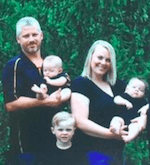
Ashley Worley is mom to three boys – Cameron (age 6), and twins Turner and Jensen (1-year-olds). In her spare time, she’s gated in the living room corralling twins… and once upon a time could be found on the golf course, coaching baseball, cooking delightful comfort food, or competing with her husband in a {mostly} friendly rivalry of darts, ping pong, archery, or firearms.
Citations: 1 – https://www.ncbi.nlm.nih.gov/pmc/articles/PMC5509770/

